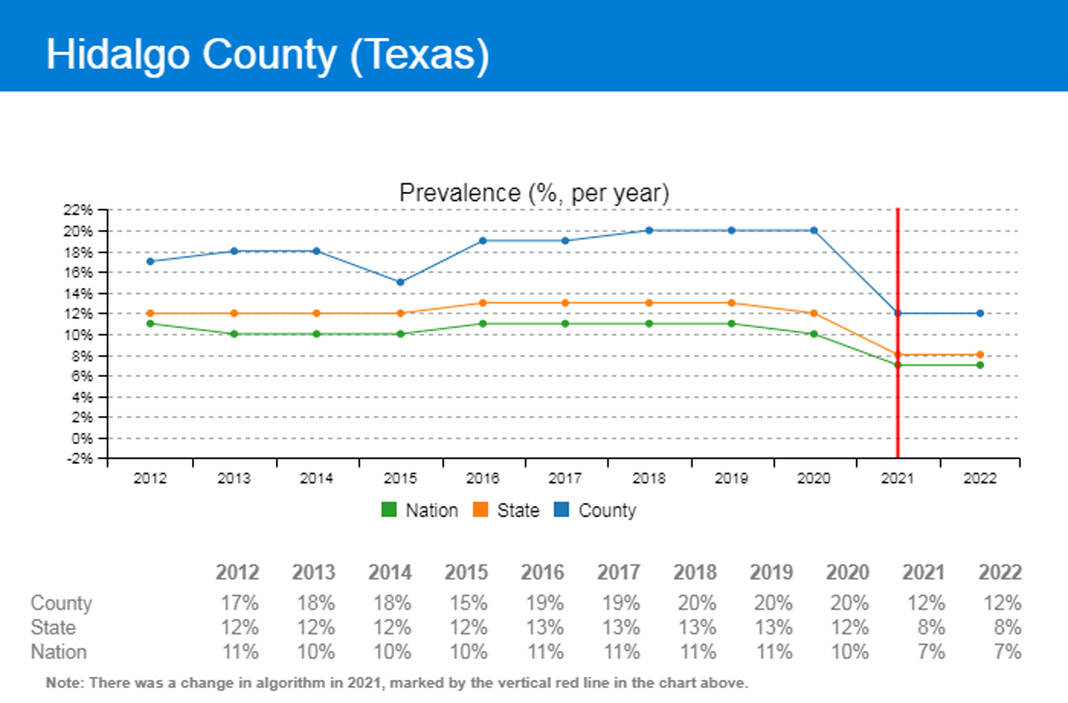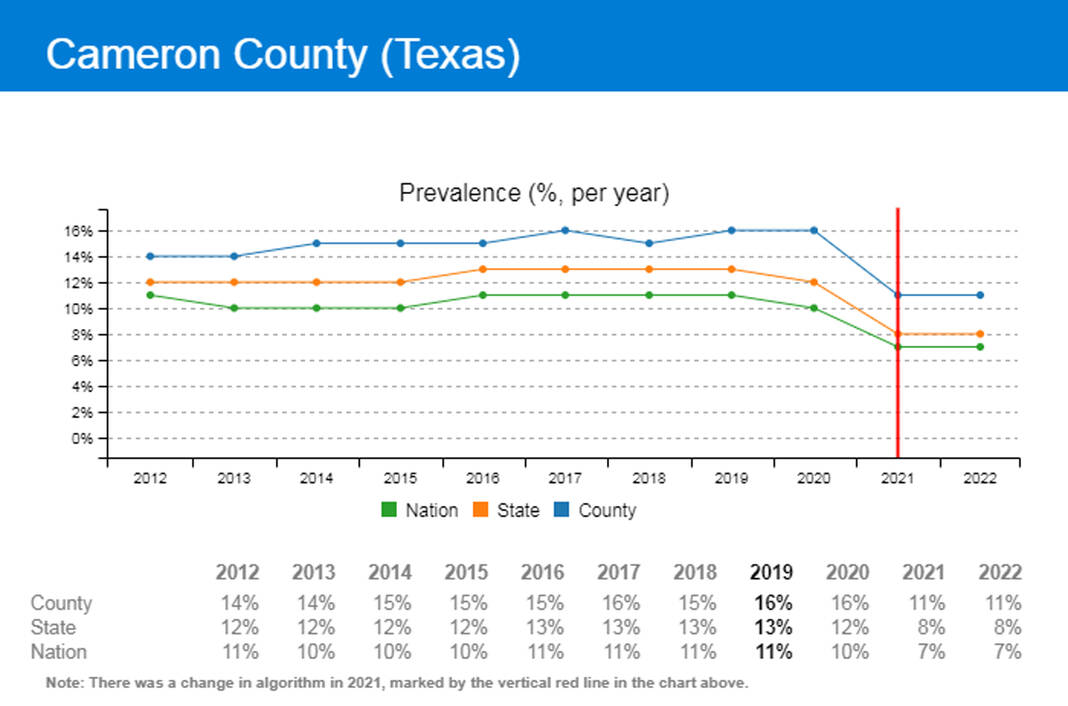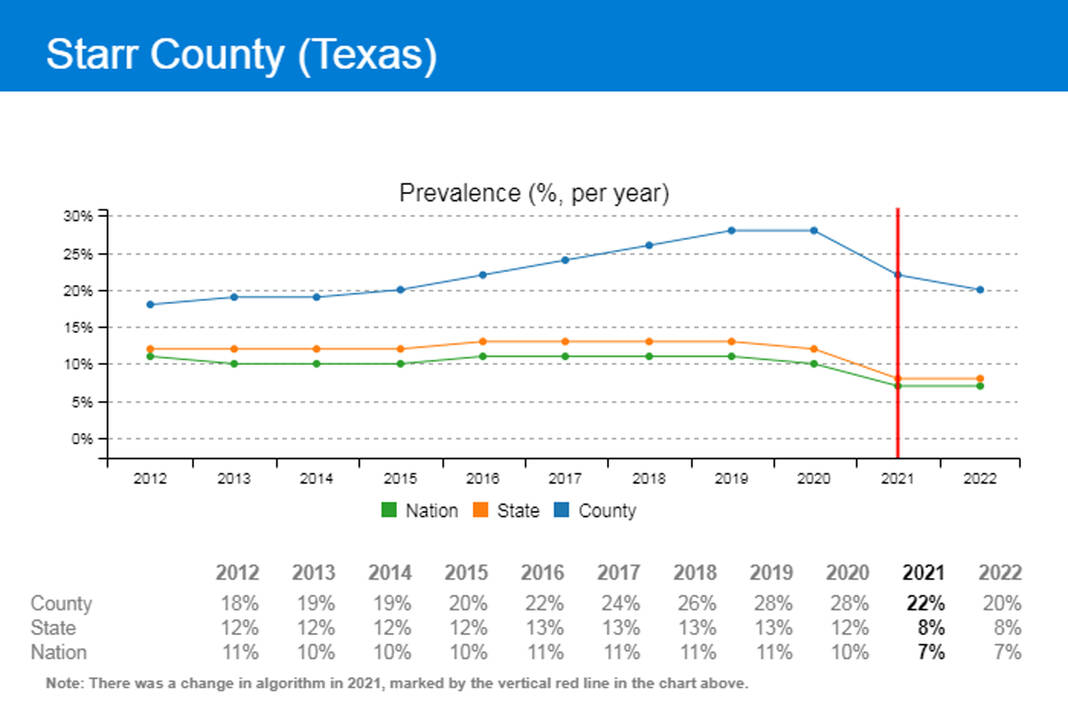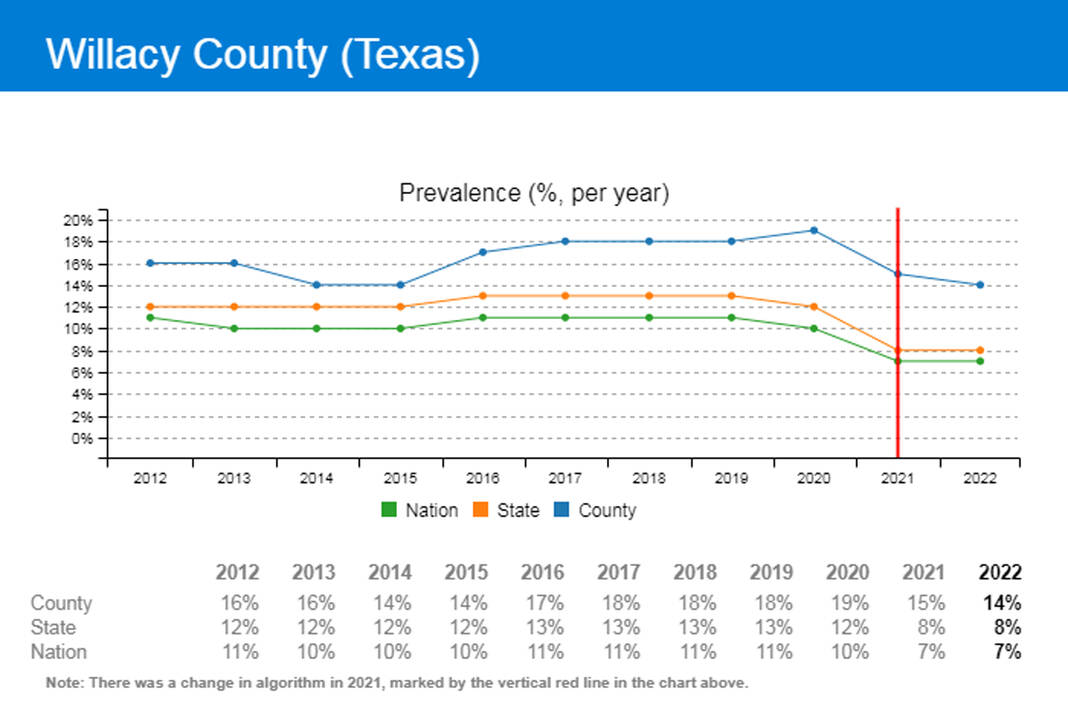|
Only have a minute? Listen instead
Getting your Trinity Audio player ready...
|
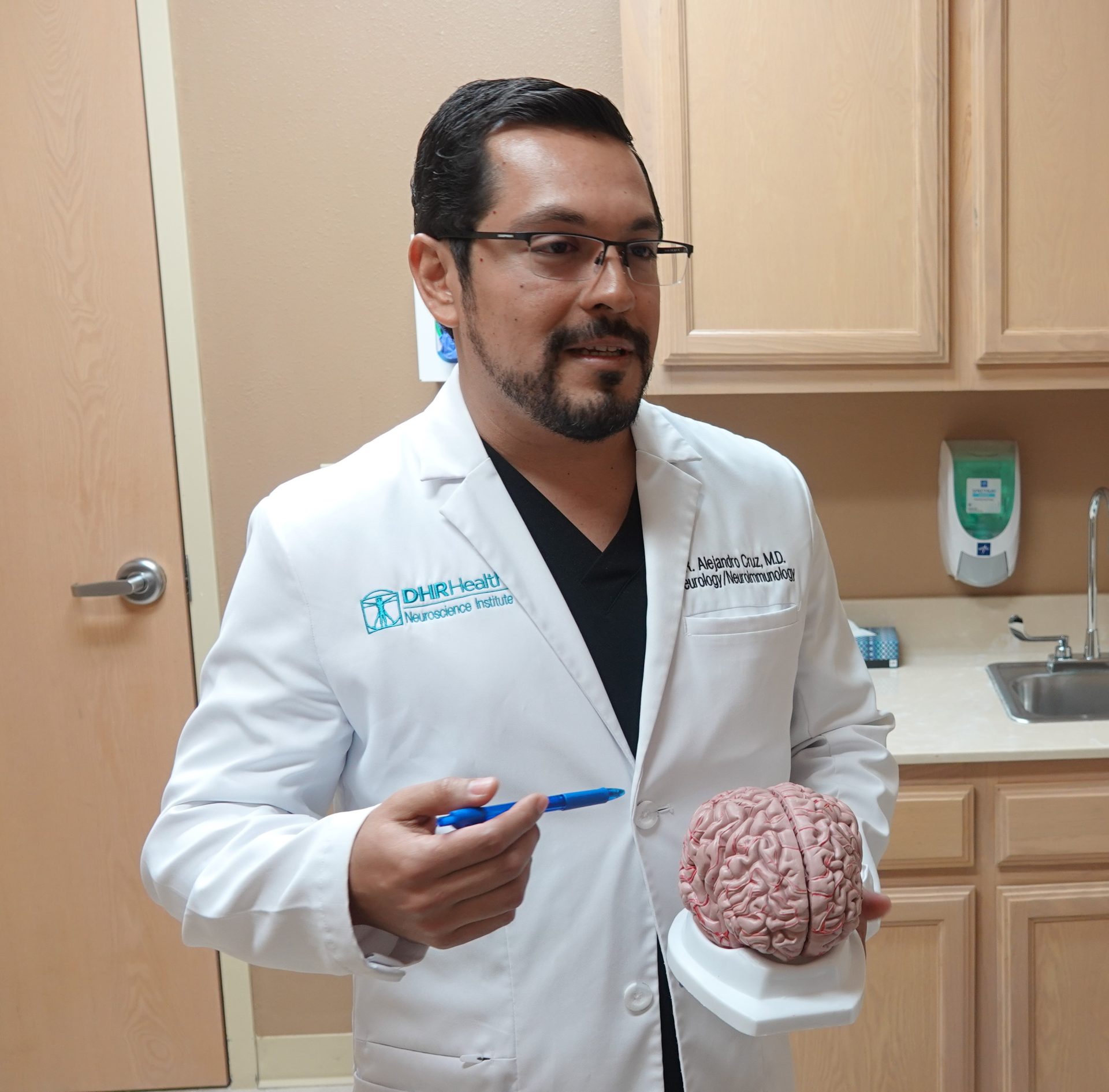
DHR Health can now administer a new Alzheimer’s medication that is used to target one of the fundamental pathogens that leads to the disease.
Leqembi is an intravenous therapy or IV that attacks the amyloid beta, which creates amyloid plaque in the brain that is attributed to the loss of neurons and their connections. This causes Alzheimer’s or a related dementia, according to the Food and Drug Administration, which approved the drug Jan. 6, 2023.
Although the drug is not a cure, it is designed to slow early onset Alzheimer’s. The treatment works by reducing the amount of amyloid beta plaque in the brain.
The goal of the medication is to target the initial pathogenesis of the disease rather than just treat the symptoms.
DHR Health said in a news release that it is the first hospital system south of San Antonio to put the drug to use, calling it a “groundbreaking” development for the Rio Grande Valley.
Together with the hospital’s Neuroscience Institute, Dr. R. Alejandro Cruz of DHR developed a set of protocols to carefully administer Leqembi.
The FDA approved the administration of the drug to be 10 milligrams every two weeks for patients with mild cognitive impairment or mild dementia stage of the disease.
“I am very proud of the hard work of our team at DHR Health, being the first facility to provide this groundbreaking therapy for Alzheimer’s disease will mark a new era of hope for our community,” Cruz, DHR Health neurologist, said in the release.
Cruz is credited with advocating for acquiring the drug for Valley patients, according to DHR.
Alzheimer’s is prevalent in the Rio Grande Valley, according to the Centers for Medicare & Medicaid Services (CMS), which shows alarming rates for this region compared to the state and national averages.
In fact, heart disease and diabetes, which are among the more prevalent diseases in the Valley, increase one’s risk of Alzheimer’s or other related dementia.
According to the CMS, as of 2022 Hidalgo County’s prevalence of Alzheimer’s or related diseases was at 12% from a pool of 10,000 Medicare and Medicaid beneficiaries. In Starr County, that percentage is at 20%, in Willacy County the percentage is at 14% and it’s 11% in Cameron County.
By comparison, the state average is 8% and the national average is 7%.
“As the largest physician-owned hospital in the United States and a leading healthcare provider in the Rio Grande Valley, we are immensely proud to be at the forefront of Alzheimer’s disease treatment in South Texas, giving patients access to this groundbreaking therapy,” said Marissa Castañeda, senior executive vice president at DHR Health. “This achievement represents our ongoing commitment to bringing innovative and advanced treatment options to our community. We are proud to provide world-class care that is close to home.”

